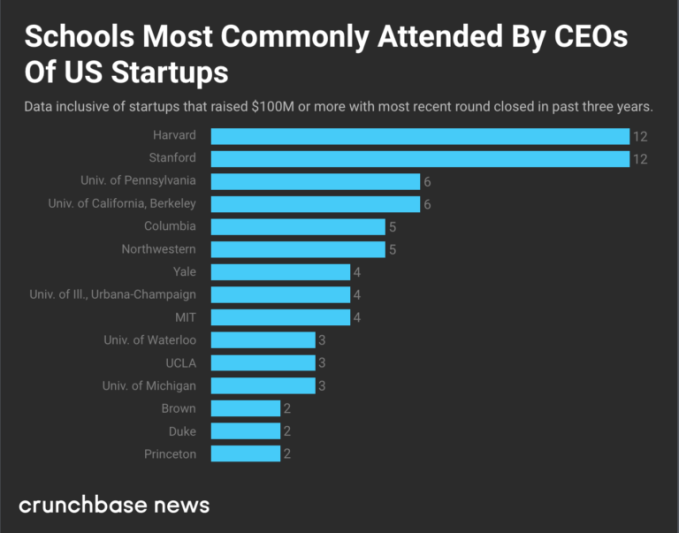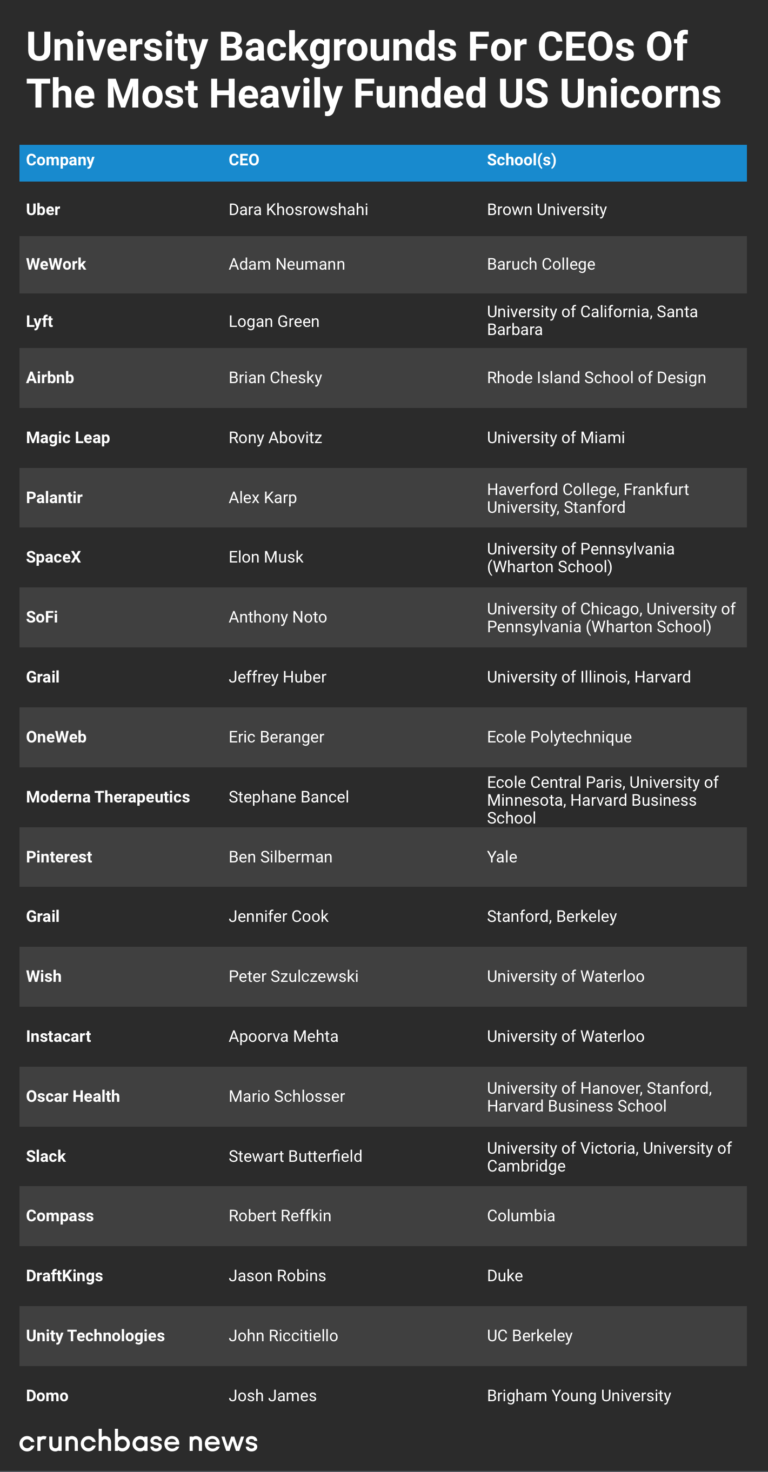Facebook is proving problematic for many governments worldwide, but few would think to shut it down entirely.
That’s exactly the approach that Papua New Guinea, the Pacific sea island nation located near Australia, is proposing to take with a new measure that could see the social network closed off for a month. During that period, the government plans to investigate the impact of fake accounts, pornography and false news and information which it said are rife on the social network in the country.
The prospect of a month-long ban was announced by Papua New Guinea’s communications minister Sam Basil who told Post Courier that the government “cannot allow the abuse of Facebook to continue in the country.”
Internet penetration in the country is thought to be less than 15 percent, which suggests at face value that Facebook isn’t particularly mainstream. However, that may not be an accurate measure of how many of the country’s eight million population use the social network since mobile is the primary access point in many parts of Asia Pacific. Still, the ban is unlikely to be welcomed by the population.
Post Courier reported that Basil even floated the idea of a dedicated social network to replace Facebook in the country.
At this point, the Facebook ban — however delicious it may sound given recent events — is not confirmed for Papua New Guinea. It remains a possibility once Basil has liaised with police, according to the media report.
Our attempts to reach Basil via phone and email to confirm the plan were not successful.
Facebook has been under fierce pressure around the way it handles data for its 1.5 billion users after it emerged that Cambridge Analytica, a consulting firm that worked on the successful Trump election campaign, hijacked data on nearly 90 million users of the social network.
The aftermath of the scandal has seen Facebook CEO Mark Zuckerberg testify on data security and processes in front of Congress and the House in the U.S., as well as the EU parliament in Europe.
Meanwhile, and of equal importance, Facebook has also been engaged in controversies in the emerging world. The UN has accused it of accelerating racial violence in Myanmar, while the service was closed for three days in Sri Lanka to stop anti-muslim violence. In the Philippines, it has been scrutinized for helping controversial President Rodrigo Duterte into power, while Vietnamese activists have expressed concern that it is helping the government crack down on people in the country.


